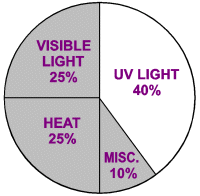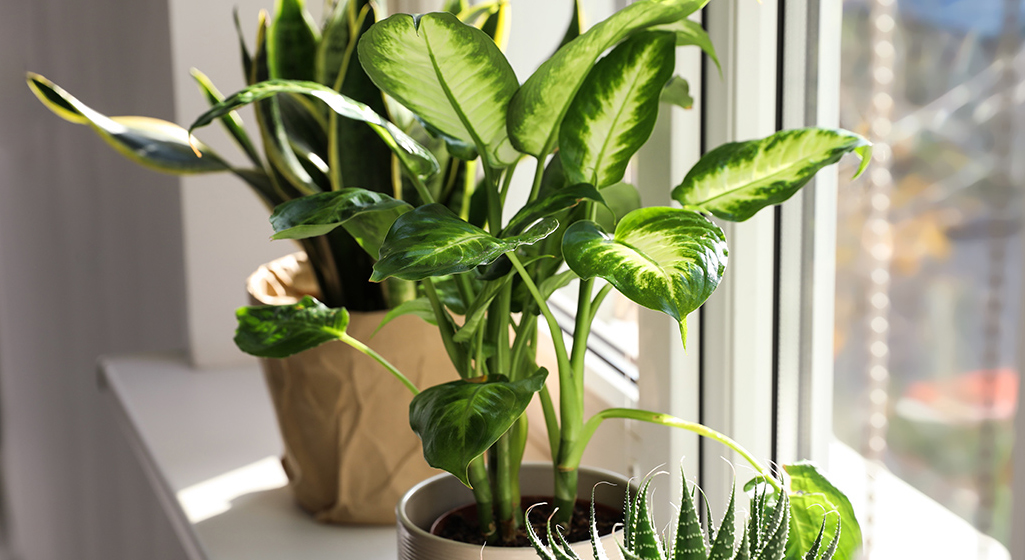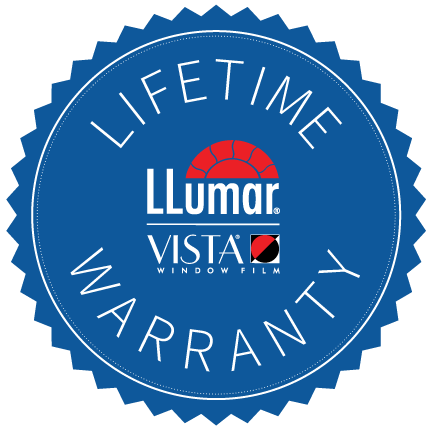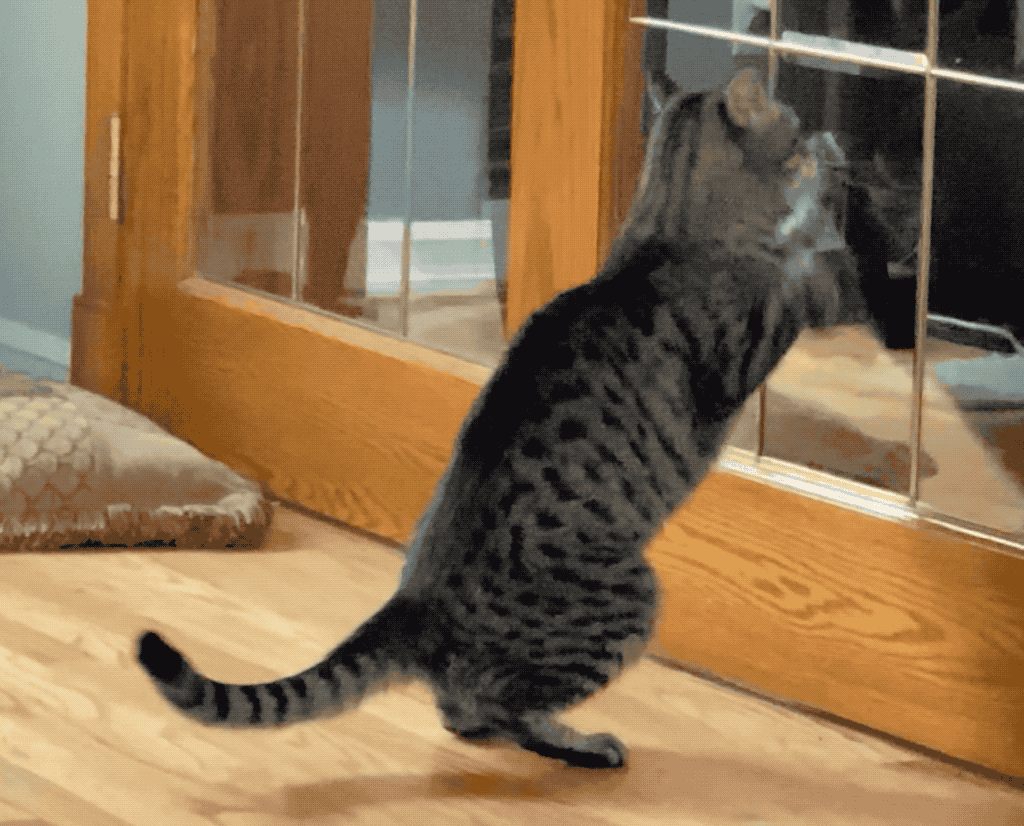 Yes, window tint will greatly reduce fading on your home furnishings. That's not to say window tint can completely stop fading altogether.
The following chart shows the 3 main factors that cause your floors and furniture to get damaged by sunlight: UV light, IR light (or heat), and visible light.
Yes, window tint will greatly reduce fading on your home furnishings. That's not to say window tint can completely stop fading altogether.
The following chart shows the 3 main factors that cause your floors and furniture to get damaged by sunlight: UV light, IR light (or heat), and visible light.
Our window tints reject 99% of all UV light that would otherwise come in through your windows. However that only accounts for about 40% of total fading. The more you reduce direct visible light and heat from hitting your valuables, the more you can protect them from fading.
No
Many are used to seeing cars and trucks with blacked out windows for privacy or heat reduction. But home window tint is designed to look neutral on the glass. In most cases, your visitors will not even realize the windows are tinted!
No.
Gone are the days of incredibly shiny films. The window tint we use has been designed to have very low reflectivity. Keep in mind, even clear glass with nothing on it can have up to 50% reflectivity from certain angles. Your newly installed window tint will react similarly to light and reflectivity will change depending on the viewing angle.
 No. In general, most houseplants require less light than what they receive through clear glass. In fact, some plants do better behind window tint due to receiving less harsh heat.
No. In general, most houseplants require less light than what they receive through clear glass. In fact, some plants do better behind window tint due to receiving less harsh heat.
However, if you install a tint that reduces a lot of light and you have plants that require a high amount of sunlight, you may want to monitor them and consider moving them to a more well lit area.
Ceramic window tint is a new innovation where a heat reducing ceramic alloy is layered into window film. As opposed to tints made with metal alloys that reflect heat, ceramic tint absorbs a large amount of heat, preventing it from coming into your car or home.
Ceramic tints are the best tints for autos.
Ceramic tints are more of a niche for homes and businesses. Why just a niche? Autos have highly tempered glass and can easily handle absorbing tons of heat. However, glass in homes are not usually highly tempered and are usually thermal pane. Ceramic tint works not be reflecting the heat, but by absorbing the heat.
So, for homes an businesses this is ideal on plate glass store fronts where any reflection can be a problem or older homes with single panes.
Window tint is almost always installed on the inside of the glass. This keeps the film protected and allows it to last longer.
There are some cases where exterior tint is applied to homes to achieve highly specific results.

Yes, There are two main options: Reflective / Frosted
Even a slightly reflective film can provide privacy. This is achieved by using a metal sputtered film to add reflectivity. The more reflective, the harder for someone to 'peek'.
Usually though, folks want to be able to see out, but not in through their windows. This one way or mirror effect is highly dependent on lighting. During the day, the majority of the light is on the outside, and the window tint will look like a mirror from the outside, but those on the inside can see out. At night, as the majority of the light is coming from the interior lighting inside the home, this effect is reversed.
You can get daytime privacy with reflective window film, but at night it will not allow for night time privacy if the inside lights are on and the outside lights are off (or nonexistent)
Decorative frosted window film can achieve day and night time privacy without worrying about lighting control. But, you will not be able to see in or out of that window during the day or night.
Talk with our sales representative to learn which window film will work best for you!

No.
When our technicians come to install your window tint, they will completely clean your windows. They have a very specific process for cleaning glass to follow so that the window film can adhere properly with no issues.

Maybe. But, Eastman, a division of Kodak, will 'take over' your existing warranty for the duration of the time remaining. If your window's warranty has expired, Eastman will put a new 3 year seal and 5 year glass breakage warranty on your older windows.
Why? Because our films do not cause glass breakage or seal failure.

No. OUR Window Tint will not cause glass breakage. Period.
Glass breakage usually happens when a window absorbs more heat than it is designed to handle. Each window has different tolerances, and each window film has different amounts of heat that it will cause the window to absorb. The manufacturer has specific guidelines in place to prevent this happening, and we will never recommend a window tint to you that has a chance of causing glass breakage.
If a window breaks after having window tint installed it is due to a pre-existing defect in the glass that was not visible. Neve-the-less, Eastman (a division of Kodak) films always gives window replacement warranties on each installation to cover these very rare situations.
Why? Because our films do not cause glass breakage or seal failure.

Yes, in time, but....
Sharp paws on a glass door with window film will cause damage over time.
The solution: An invisible pet guard system that can protect your window film. Have questions? Contact us to find out more.
Each window film installation varies, but in many cases, the film can be installed in one day. Most homes in half a day.
When scheduling an appointment with Classic Sun Control, be sure to mention any time constraints. We will adjust to fit your schedule.
Not really. When you consider the energy savings, the protection against UV rays, the quality of the materials used and the increased security, window film is a great investment.
Many customers have seen remarkable savings just on their energy bills alone, far exceeding both their expectations and the cost of installation.
No
The Classic Sun Control team has a reputation for fast and meticulous work. We respect your property and exercise extreme care when installing window film, whether in private homes or commercial spaces. We err on the side of caution, not speed when working in your home.

Our Vista Window Films come with a Residential Limited Lifetime Product Warranty.
Professionally installed Window Film by Classic Sun Control will last many years with the exact time depending on the type of film, size, type of glass, climate and how you care for the film and the glass well after installation.
Window Tint is not designed to stop a natural disaster. But, Window Film does offer some safety.
How? Window Tint dramatically reduces the risk that small shards of broken glass could end up flying through your house if your window is impacted. Of course much is dependent on the severity of the storm and how much force the window is hit.
While all of our films offer some level of protection, you might also want to check out our films specifically for Safety and Security for a much higher level of protection.
The installation process starts by prepping the windows and moving things out of the way and thoroughly cleaning the windows.
We then cut the film to the size of the window and spray the window down with water mist. The water will have a few drops of activator and slipping solution.
After that we put the window film on the window and again, cut to size to make sure everything is aligned and fits right. We then squeegee all of the water out and allow up to 60 days for the film to fully dry.

Great question. In short, there are 3 main tones or hues available.
First a word of caution with this illustration: When I was in my 20s I use to go to winery's and listen to them go on and on about all the different levels of flavor and body and, stuff like that. Now, a bit older, I get it, some of it. But still, I just enjoy the wine and miss most of what they are talking about.
The same can happen when we start talking about the looks and tones and, stuff like that of window tinting. We have to catch ourselves. For most of our customers, one tone or even darkness will look the same as another, unless directly compared side by side. But, in the last few years, even this has become a mute point with Specturally select films being very neutral and natural in appearance. Amazing how they pull off both at once.
But in general, Llumar films, unless, specifically mentioned, will have an natural earth tone and Vista films will have a neutral tone. Again, unless you're a connoisseur of film, you'll probably not notice the difference. And again, a mute point with Specturally Select window Film